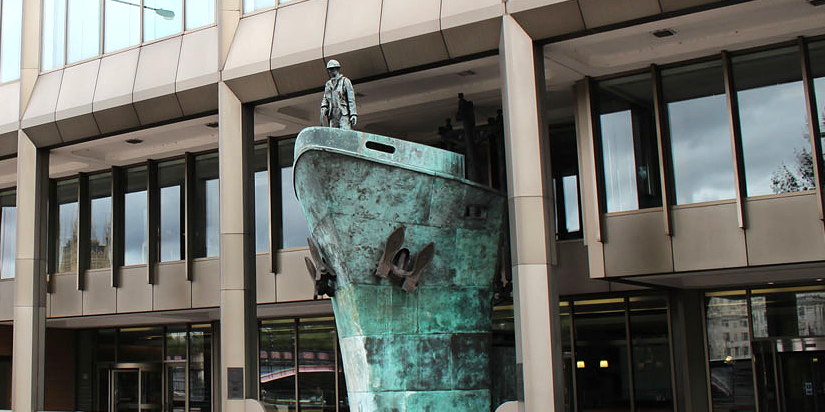A number of new shipping-related regulations coming into force at the start of this year, including new emissions control areas (ECA) zones for ships, seafarer training, and pollution control.
North of England P&I Club says changes are coming to seven international conventions or codes administered by the International Maritime Organisation.
As of the start of 2017, the International Maritime Sold Bulk Cargoes (IMSBC) Code will require, among other provisions, that cargo information will have to include whether the cargo is harmful to the environment. The IMSBC also added new schedules for 17 types of cargo for this year.
Shipowners are also expected to voluntarily complying with new amendments to the International maritime Dangerous Goods Code (IMDG), which are scheduled to become mandatory as of 1 Jan 2018. The IMDG included changes to rules and procedures for vessels that transport dangerous packaged goods.
The International Code for Ships Operating in Polar Waters, more commonly known as the Polar Code, also goes into force as of the beginning of the year. The Polar Code covers subjects including vessel design, on board equipment, and operational procedures.
The Polar Code also includes amendments to the Marpol and Solar conventions. Those two conventions are also undergoing changes. Marpol added new rules regarding tanks for oil residues aboard ships. Solas added new rules on the use of low flashpoint fuels and venting cargo tanks in the event of an emergency.
The International Code of Safety for Ships using Gases will also be coming into force. That will directly address provisions for machinery, equipment and systems using low flashpoint fuels, which an initial focus on LNG.
The Standards of Training, Certification and Watchkeeping (STCW) 2010 amendments for seafarers will also enter into force after the end of a five-year transitional period. The amendments require new certificates and training requirements for certain positions on a ship.
China will also start enforcing low-sulphur fuel requirements for ships transiting the Pearl River Delta, Yangtze River and Bohai Sea. From 1 January, vessels at berth will have to use a 0.5% sulphur fuel, except one hour after arrival and one hour before departure.



